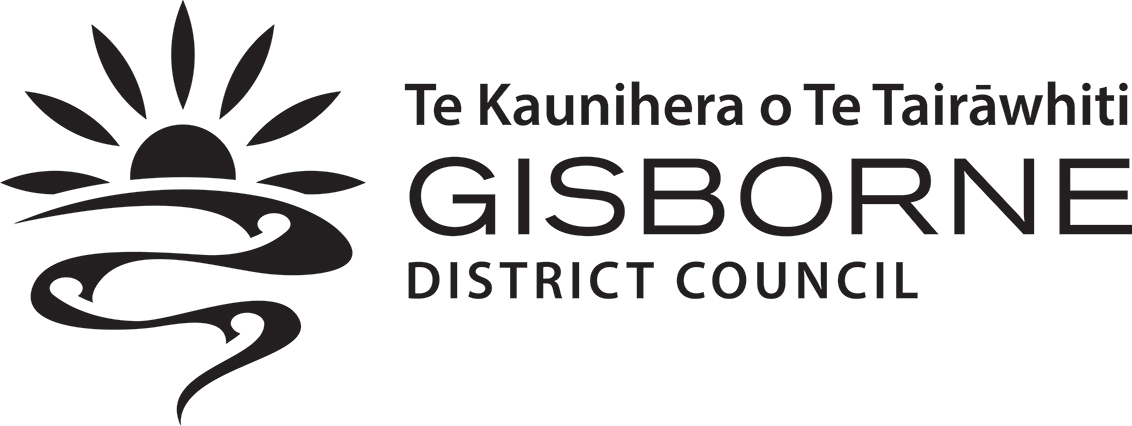Camping is open for the summer season and closes 30 April.
Before you head out, make sure you've applied for a camping permit online - permits are required before setting up camp.
Apply for a permit before your camp
Campers must apply for a permit online before arriving at the site Apply here for your Camping Permit
- You must follow all the conditions on the permit and in the Freedom Camping Bylaw.
- Our inspectors will be monitoring sites throughout the season.
For details about restricted seasonal camping, see section 8 of the Freedom Camping Bylaw
Permit requirements
- All vehicles at your camp site must be listed on your permit.
- All vehicles including caravans must have a valid registration , a current warrant of fitness and caravans also need a valid electrical certificate. Infringements fines may apply.
- You must have one chemical toilet per 8 people set up on site.
- A contribution towards camping costs is accepted when applying for your permit. No refunds are available for any reason.
Camp site rules
These rules apply to all designated camping areas:
- No semi-permanent structures. Portaloos are permitted.
- Do not attach anything to trees or shrubs.
- Do not cut steps or access points into sand dunes or riverbanks.
- Keep at least 2.5m between camp sites for fire safety.
- Respect the whenua: no digging, burying waste, polluting or littering.
- Take all rubbish with you when you leave - including pallets and other items.
- Do not leave rubbish bags near the roadside or outside your camp site - this is illegal dumping.
- You must have a chemical toilet - one per 8 people. Empty wastewater at a designated dump station.
- Do not block accessways.
- Use gas for cooking - no open fires allowed.
- All vehicles must have a current registration and warrant of fitness.
- At Pouawa and Turihaua - no tent, caravan or vehicle is allowed within 10m of the edge of the road.
Summer camping sites
Restricted seasonal camping is permitted at the following open locations between Labour Weekend through to 30 April each year.
For full details - including maps and site-specific guidelines, visit each individual camping site page.
Camping information and FAQs
Before you head out, make sure you're familiar with the rules and expectations. For full details, please also read the Freedom Camping bylaw for conditions and interpretations.
Care for our environment
Camping sites are shared public spaces - please treat them with care.
- Be considerate of other campers and site users.
- Avoid creating noise or nuisance.
- Respect the whenua: no digging, burying waste, polluting or littering.
- Leave the site clean and tidy when you depart.
No reservations are taken for any camp sites.
You cannot claim a site by pegging out a tarpaulin or placing items.
To be a permitted camp site, you must be on site using an approved structure.
Council inspectors patrol all camp areas throughout the season.
To camp safely and responsibly, you must provide the following:
Drinking water - not available at any camp site. Bring enough for your stay.
Gas for cooking - required at all sites. Open fires are not permitted.
Chemical toilet - you must have one toilet per 8 people set up on site.
Semi- permanent structures are not permitted at any camping site.
This includes any structure that does not qualify as a:
- tent
- self-contained vehicle
- motor vehicle
- Portaloo
Council enforcement officers determine what qualifies. You must not:
- camp in a semi-permanent structure
- build, erect or bring a semi-permanent structure onto the area.
You are responsible for managing your own waste while camping
Bring it in, take it back out - all rubbish and recycling must leave with you.
Do not leave rubbish bags outside your camp site or near the roadside. This is illegal dumping and fines apply.
Remove pallets, broken gear and other items when you leave.
Use the nearest transfer station to dispose of rubbish and recycling.
Grey water only may be emptied at designated dump station potties.
For locations see the map below or here's the nearest transfer stations
Yes, your dog is welcome at your camp site - but you must follow these rules to keep everyone safe and happy:
- you dog must be under your control at all times
- Pick up and dispose of your dog's droppings responsibly.
- Roaming dogs may be impounded by Council officers.
All coastal areas in Gisborne-Tairawhiti are vulnerable to tsunami. If you're camping near the coast, be prepared to act quickly.
What to do in an earthquake
If you feel:
- a strong earthquake that makes it hard to stand up, or
- a weak rolling earthquake that lasts more than a minute.
Strange noises from the sea - take action
If you hear unusual sounds coming from the ocean - such as roaring, rumbling or a sudden loud surge - this could be a natural tsunami warning. Trust your instincts - it's better to be safe and evacuate.
Move immediately - get as far inland or as high as you can within 15 minutes. This means walking quickly not driving.
After you evacuate
- If you have a transistor radio, listen for the official all-clear
- If not tsunami has been generated, wait at least 2 hours before returning to your camp.
Beaches are public places, therefore all road rules apply:
No riding on the dunes, do not damage vegetation or cause erosion.
Be courteous to other beach users.
Don't create new tracks - use the established tracks.
Be careful of marine wildlife.
